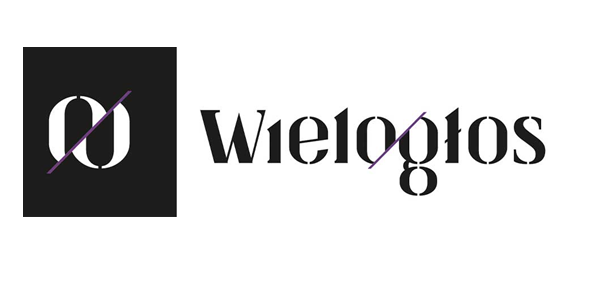
“Wielogłos. Pismo Wydziału Polonistyki UJ” [Polylogue. The Magazine of the Faculty of Polish Studies of the Jagiellonian University in Krakow] welcomes submissions for the new monographic issue:
“Matter in Motion - Thing, Materiality, Text”.
Matter and materiality are concepts that have been explored in the study of culture and its products for some time; they are grasped from different perspectives and permit the reorientation of the discourses of modern, post-anthropocentric humanities towards issues which are still insufficiently exploited or encourage fresh reflections on certain fields. The area of influence of the category of materiality would include such issues as form, body, material, object, metamorphosis, and movement. The notion of matter, variously conceptualized, is becoming a keystone of very differently directed research under the sign of, e.g., the turn to things, posthumanism, inter- and transmedia studies, genetic criticism, archival research and (auto)biography, somatopoetics or postcolonial studies. These approaches draw on materialist-oriented currents in contemporary philosophy, cultural anthropology or feminist criticism and have served as inspirations for translations of important works by foreign researchers (including Barad, Dolphijn & van der Tuin, Freedgood, Harman, Olsen, Morton), as well as conferences, monographs and thematic issues from the most important academic journals. It is perhaps worth recapitulating this multidirectional reflection on matter from a strictly literary or comparative perspective, seeking answers to the following questions: what can the new materialist perspective bring to the study of literature or to literature and other arts; how should we treat matter from the vantage point of literary studies; how are the tools and methods of research on the material of literature changing today. We also aim to reflect on how the new materialisms situate themselves in relation to earlier studies of the materiality of literature (e.g. new historicism, cultural literary history, Marxism). Thus, while we broadly cover the horizon of possible theoretical and methodological inspirations, we are primarily concerned with articles that propose new, original readings of literary texts (from different eras and latitudes) or those in the field of comparative media studies.
Our field of interest will include such issues as:
The above list does not exhaust the repertoire of possible approaches. We are open to proposals that address the indicated issues, but also go beyond the defined area of reflection, related to the place of matter and materiality, broadly understood, in the field of contemporary literary studies.
We eagerly await the submission of your texts, edited according to the guidelines posted on the journal's website https://ejournals.eu/en/journal/wieloglos/page/guidelines-for-authors, until January 31, 2025. Submissions are accepted by email at: wieloglos.redakcja@uj.edu.pl and through the “Submit article” link on the “Polylogue” homepage: https://ojs.ejournals.eu/Wieloglos/about/submissions.